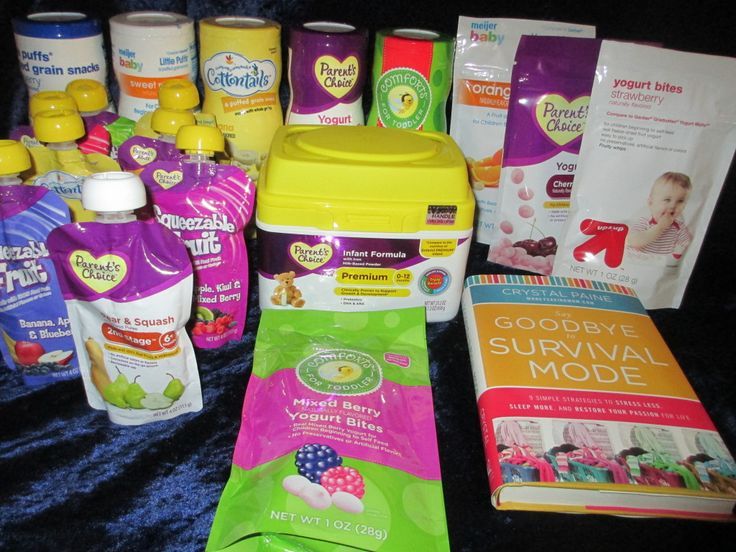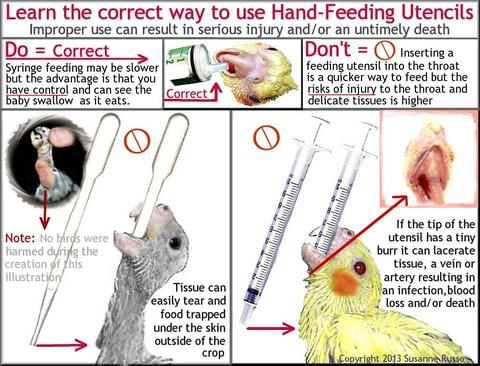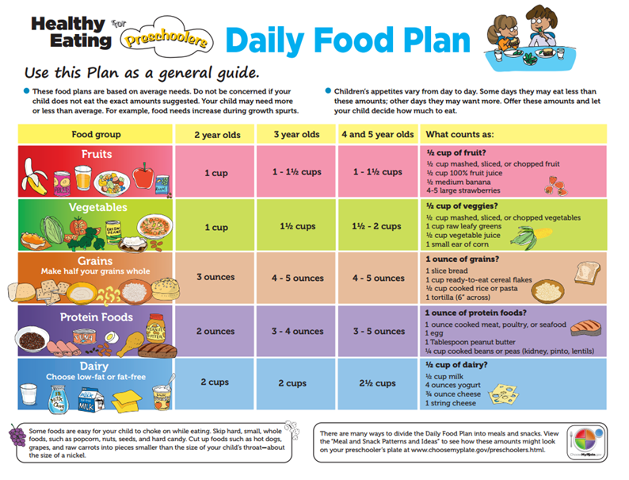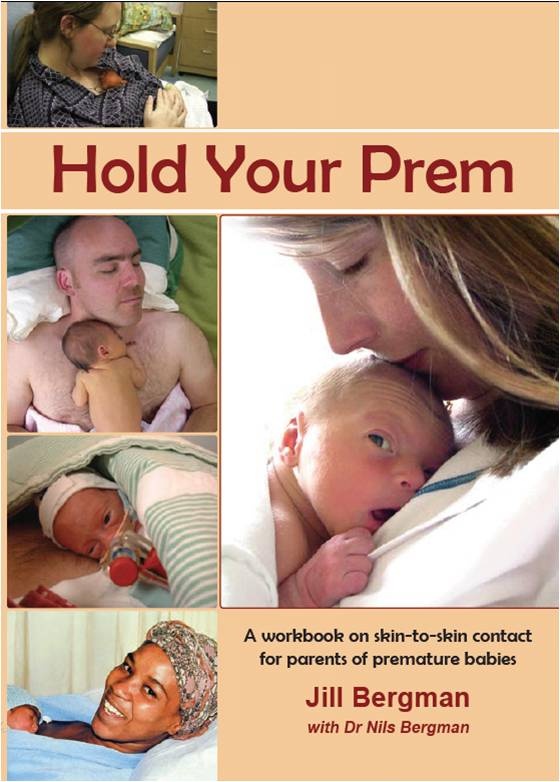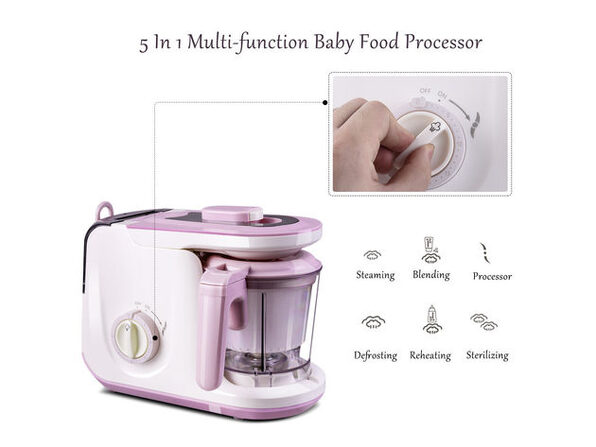Late night feeding baby
How and when to wean your baby off of night feedings
Wondering when to wean your baby off the bottle or breast at night? Most babies can make it through the night without eating when they're 6 months old. You may be able to start night weaning your baby when they're 4 months old, or you may choose to wait until later. The key is to ensure your baby is getting plenty to eat during the day and right before bedtime. You can then gradually cut back on the amount of breast milk or formula and the number of times you feed your baby at night.
Can you hardly wait for your baby to sleep through the night? Fortunately, that milestone may be closer than you think. Many babies are able to sleep for at least six hours at a stretch when they're 3 months old, or weigh 12 to 13 pounds. However, some babies take longer: Roughly one quarter aren't sleeping six hours overnight by the time they hit their first birthday.
Babies wake during the night for many reasons, but notably because they're hungry. In the early months, babies need to eat every few hours, including through the night. Gradually, however, babies need to eat less and less at night – until by 6 months of age (possibly sooner or later), your baby may quit nighttime feedings and go up to 12 hours without waking to eat.
Sometimes babies self-wean from night feedings with no help from you – they'll just sleep through the night suddenly and never look back. But sometimes you have to nudge them, especially if they're down to one nighttime feeding they just aren't dropping.
Night weaning your baby means ensuring they get enough to eat during the day so they don't need to wake at night to eat. Here's how to get started.
When will my baby be ready for night weaning?
This varies, but somewhere between the ages of 4 and 6 months, most babies get enough calories during the day to sustain them for five or six hours at night.
It's not unusual for younger babies to sleep for much longer stretches without needing to eat – or for older ones to continue waking up to eat. Even if your baby doesn't need to eat in the middle of the night, they may still wake up wanting to. Babies who are used to eating several times a night tend to wake up out of habit, and it can take time to change this routine.
Even if your baby doesn't need to eat in the middle of the night, they may still wake up wanting to. Babies who are used to eating several times a night tend to wake up out of habit, and it can take time to change this routine.
If you've recently gone back to work and are less available during the day, your baby may want to nurse or take a bottle at night as a way of reconnecting with you. And you may notice that your baby wakes up more often when they're teething, if they catch a cold, or when they're mastering a developmental milestone.
For all these reasons, it's helpful to approach the weaning process gradually and gently. Keep in mind that your baby is still young and has a tremendous need for comfort, closeness, and reassurance – particularly from you.
Should I start night weaning my baby?
Many experts recommend night weaning around the time babies are 6 months old, because at that point most babies don't physically need to eat at night.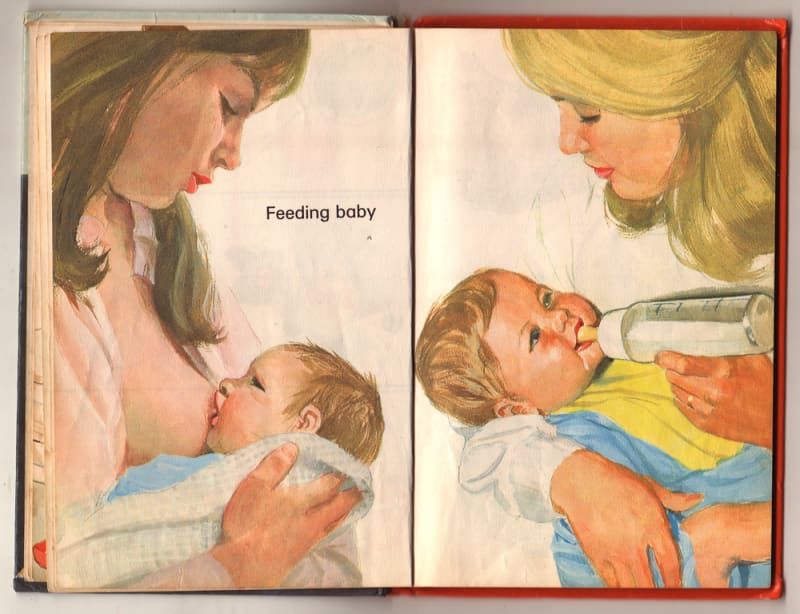 At this age, most babies wake to eat out of habit. And if you do wait to night wean your baby when they're older, know that it can be more challenging to wean a toddler off of night feedings. But the timeline isn't set in stone: You can start trying to get your baby to sleep longer stretches between feedings as early as 4 months of age, or much later than 6 months old.
At this age, most babies wake to eat out of habit. And if you do wait to night wean your baby when they're older, know that it can be more challenging to wean a toddler off of night feedings. But the timeline isn't set in stone: You can start trying to get your baby to sleep longer stretches between feedings as early as 4 months of age, or much later than 6 months old.
Advertisement | page continues below
Ultimately, it's your choice whether to night wean or not. It's hard to maintain your own health and well-being if you're chronically sleep deprived. The decision to end your baby's night feedings depends in part on how they're affecting you.
If you enjoy nursing or giving a bottle to your baby at night, you can continue until your baby eventually quits on their own. On the other hand, if you find yourself feeling grumpy and exhausted, it may be time.
Keep in mind that your baby's sleep and nutritional needs may vary if they aren't gaining weight as expected or if they were born prematurely. If you're not sure whether your baby's ready for night weaning, talk to your child's doctor. The doctor can help you sort through any issues and help you make your decision based on how your baby's growing.
If you're not sure whether your baby's ready for night weaning, talk to your child's doctor. The doctor can help you sort through any issues and help you make your decision based on how your baby's growing.
How to wean your baby off of night feedings
Once your baby is ready to give up night feedings, try the following techniques:
- Make sure your baby gets plenty to eat throughout the day. As your baby grows and becomes more active, they may not want to stop to nurse or take a bottle during the day, and they may try to make up for it at night. To make sure they get enough to eat, take scheduled breaks during the day for a quiet bottle or nursing session in a place with no distractions. (If you're not sure that your child is eating enough, check their growth by having them weighed at the doctor's office.)
- Start the night weaning process slowly and gradually. Nurse your baby for a shorter period of time on each breast or give them a smaller amount of breast milk or formula in their bottle when they wake at night.
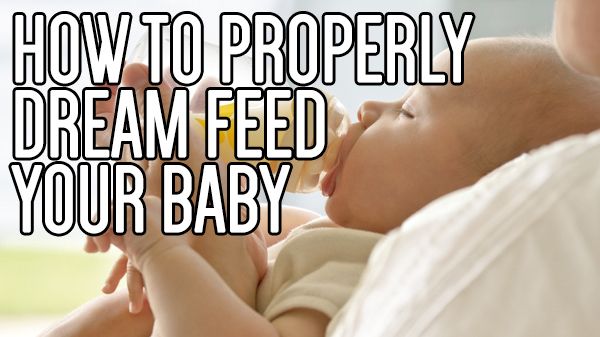 Try to prolong the intervals between feedings by patting and comforting your baby back to sleep.
Try to prolong the intervals between feedings by patting and comforting your baby back to sleep. - Offer extra feedings in the evening. If your baby goes to bed with a full tummy, they're less likely to wake up hungry in the middle of the night.
- Give a "dream feed." After your baby's already asleep – say at 11 p.m. or so – you may want to wake your baby for a final feeding before you go to bed yourself.
- Avoid night weaning during times of transition. For example, wait if you're just about to return to work or take a family vacation. If you've recently become less available during the day, make sure to give your baby extra cuddle time when you're together, so they'll feel more connected and be less likely to seek comfort in the middle of the night.
- Gradually eliminate feedings, one at a time. Gently soothe and comfort your baby when they wake up, and explain that it's time to sleep, not eat.

- Keep any feedings you do at night short and sweet. That way your baby won't wake to eat just because they've come to expect late-night cuddles.
- Consider sleep training. If your baby seems to eat plenty during the day but still wakes at night, it may not be because they're hungry but because they're used to it. At this point, you may want to consider baby sleep training to help your little one learn to self-soothe back to sleep.
For more help night weaning your baby from a pediatric sleep physician, check out our course, Baby Sleep 101.
Night weaning if you're breastfeeding
Suddenly stopping the frequency of your nighttime nursing sessions can lead to painful engorgement and increased likelihood of developing an infection known as mastitis. That's one more reason it's good to start slow and drop one feeding at a time, so your breasts can get used to your new routine more easily. In the meantime, you may find that you initially need to wake up and pump breast milk during the night to relieve engorgement.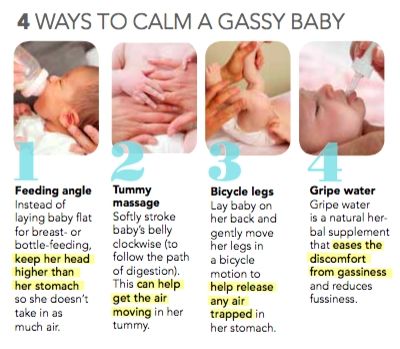
A key to night weaning your baby is making sure they're getting enough to eat during the day. You may find that you need to pump after one or more feedings during the day, then save the additional milk for an extra feeding in the evening. This can help boost your milk supply as well as ensure that your baby fills up before bedtime. As always, you'll know your baby is getting enough to eat if they're gaining weight as expected and having at least six wet diapers during the day.
Once your baby is around 6 months old, they'll start solids. Breast milk will still be your baby's main source of nutrition, although you may find that they need to breastfeed less as they gradually eat more solid foods.
Night weaning if you're formula feeding
If you're bottle-feeding and ready to night wean your baby, make sure they get enough to eat during the day. By 6 months of age, formula-fed babies need to eat between 6 to 8 ounces (or 180 to 240 mL) per bottle, four to five times every 24 hours.
Once your baby starts solids, formula will still be their main source of nutrition. But with time, solid foods will cover more of your baby's nutritional needs – and you'll eventually start giving your baby fewer bottles with slightly more formula in each. The bedtime bottle is usually the last to go, and even once you wean your child off it, you may want to give them a bedtime snack or a cup of milk to help them make it through the night without getting hungry.
Learn more:
- Baby sleep 101 virtual course
Night Feedings: 11 Survival Tips for New Moms
This post may contain affiliate links which give me a small commission at no extra charge to you.
How to survive night feeding a newborn
Perhaps the greatest difficulty of parenting a newborn is getting up at night for night feedings! Do you agree?
Most parents agree that middle-of-the-night feedings can be really rough!
In this post, I am going to offer 12
really helpful tips for feeding your newborn at night. Including…
Including…- Tips for bottle feeding at night
- Breastfeeding at night feeding tips
- How to dream feed baby
- Ways to cope with newborn night feeds
- Survival tips for night waking
- Newborn night feeding tips
- Co-sleeping and bed sharing safety
How to ease the burden of night feedings
Because it is very important for both breastfeeding mom and young baby to feed during the night, you must accept the fact that night feedings will be your reality for the next few months.
Rather than fighting the fact that you will need to feed your baby at night, decide NOW to equip yourself with some overnight survival tools!
Yes! There are definitely some things that you can do to help ease the burden of night feedings.
If you are struggling with those dreaded night feedings, here are 12 great tips to survive middle-of-the-night feedings that you will love!
12 newborn night feeding tips!
1.
 Rooming in
Rooming inNot only are newborn night feeds easier if you don’t have to trudge down the hall to get to your crying baby, but research shows that room sharing reduces the risk of SIDS.
In fact, the American Academy of Pediatrics (AAP) now recommends room-sharing (source) as a way to reduce SIDS.
They also recommend having the baby in his own separate space such as a crib or bassinet within the mother’s bedroom, rather than bed-sharing.
Read more about the AAP’s Safe Sleep Practices here.
Co-sleeping and bed sharing
Disclaimer: As a postpartum doula and childbirth professional, it is my duty to inform new parents about The American Academy of Pediatrics’ (AAP) Safe Sleep Practices. Although the AAP recommends room-sharing, they do not endorse bed-sharing. However, the AAP recognizes that 60% of new parents admit to bedsharing at some time. (The actual number is believed to be even higher) Because of this, they have recently adjusted their guidelines to include these safe sleep guidelines for bedsharing. As a doula, I want to be clear that I am not recommending bed-sharing to my clients or readers. In the following section, I am merely offering it as an option to consider for night feedings. If you choose to bed-share with your newborn, please make sure to do so safely and follow the AAP guidelines!
As a doula, I want to be clear that I am not recommending bed-sharing to my clients or readers. In the following section, I am merely offering it as an option to consider for night feedings. If you choose to bed-share with your newborn, please make sure to do so safely and follow the AAP guidelines!
As part of the “rooming in” discussion, I need to discuss the topic of co-sleeping. Although the AAP does not recommend bed-sharing, many parents do experiment with it at some point.
Co-sleeping vs. bed sharing
For the purpose of this post, I want to make a distinction between co-sleeping and bed sharing.
Co-sleeping is not necessarily bed sharing. Babies that sleep in a co-sleeper or in a separate sleep space are not considered to be bed-sharing.
Because it is believed that most parents will bed-share at some point, (often out of desperation) I think it warrants a discussion all it’s own.
If you decide to bed-share, it is important that you learn the importance of safe sleep practices for co-sleeping. There are many IMPORTANT do’s and don’ts to keep in mind before you decide to sleep with your baby.
There are many IMPORTANT do’s and don’ts to keep in mind before you decide to sleep with your baby.
Make sure that you create a safe sleep environment. Read more about that here.
Bedsharing and night feedings
There are many parents (myself included) who believe that safe co-sleeping is the best way to survive night feedings.
As a new mom, I loved the fact that I didn’t even have to get out of bed during the night!
When my baby started stirring, I simply pulled her in close and “plugged her in”! She nursed while I dozed. When she was done, we both fell back to sleep. No crying. No sleep-loss. Easy peasy!
I respect the fact that some moms just don’t feel safe co-sleeping or bed sharing. They fear that they will roll over on top of their baby or that the baby will fall out of bed or get stuck. They or their partner may also be heavy sleepers.
These are valid concerns! I agree that if you don’t feel completely comfortable with the decision to co-sleep, then you should consider other options instead… No judgement here!
Bottom line, if you decide to co-sleep or bed share, make sure that you do the research and do so safely and with confidence in your decision.
Co-sleeping without bed-sharing
If you are interested in co-sleeping without bed-sharing, there are some great co-sleepers that give baby her own sleep space while keeping her close by. Here are some of my favorite ones:
Bedside Baby Bassinet
This is a sweet co-sleeper!
Foldable, portable and everything you would want in a bassinet or porta crib PLUS it’s a co-sleeper!! I love that it does triple duty: bassinet, co-sleeper, and porta crib. Oh, did I mention diaper changing station as well? Skip the diaper changing table and just get this instead!!
Arm’s Reach Concepts Mini Ezee 2-in-1 Bedside Bassinet
Another great co-sleeper/porta crib that is also super portable. If you’re looking for something larger and lightweight, you may prefer this one instead. I love them both!
2. Get organized before those night feeds!
Before you head to bed, take a few minutes to gather up everything for your night-time feedings.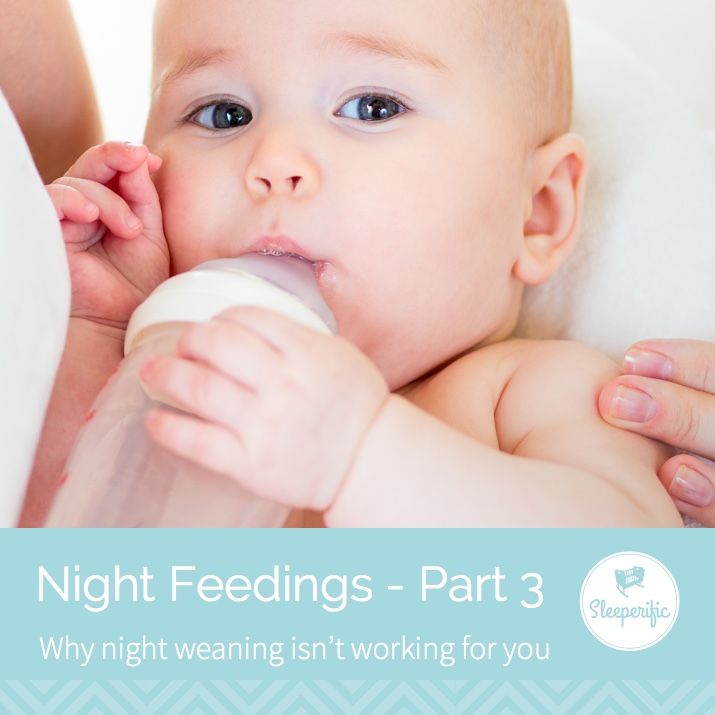 It’s no fun fumbling about in the dark looking for things when you are super groggy.
It’s no fun fumbling about in the dark looking for things when you are super groggy.
The more organized you are, the faster you can go back to bed. Yay!
Essential Night Time Feeding Supplies:
- Extra water!
- snacks for mom
- diapers and wipes
- nipple cream
- diaper cream
- extra towels or burp cloths
- night light
- Boppy pillow
- Pre-made bottles for bottle feeding. If you are formula feeding, consider these great milk powder dispensers that make mixing bottles a breeze! These containers also double as a snack cup when your baby is older!
Pro-tip:
If you are formula feeding, you absolutely MUST try a Baby Breeza Automatic Formula Dispenser!!!
Put it on your BABY REGISTRY now!
It makes night bottle feedings sooooo much easier.
Wow! I have used them many times with my clients and I absolutely LOVE it!
You will feel spoiled every time you use it because it quickly dispenses and warms the bottle to the perfect temperature.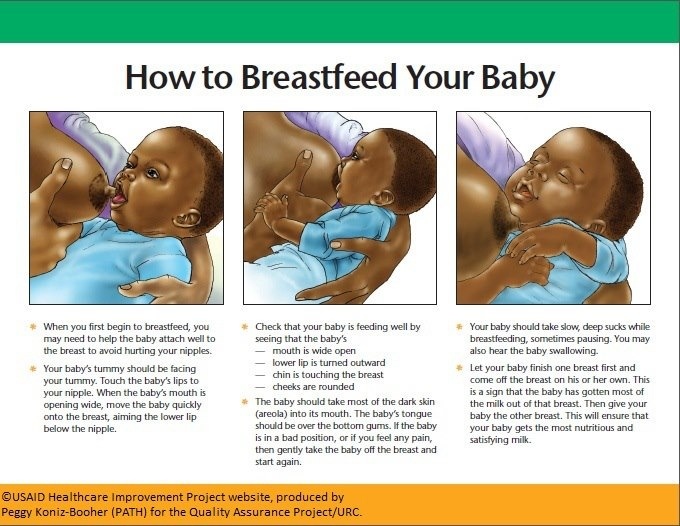
It’s a bit pricey, but you will not regret splurging on this baby item…especially at 2 am. Trust me!
3. Buy a red light bulb or night light
When your baby wakes to nurse, keep the room as dark and quiet as possible, to encourage him (and you) to go right back to sleep.
If you need to see what you’re doing to get a good latch, a nightlight or flashlight are better options than turning on a bright light. If you do need light, consider replacing your lamp or night light with a red light bulb.
There is new evidence that red light may not affect melatonin and helps relax and keep everyone in a sleepy state.
I really love this little bear night light! Just push his belly for easy, fast light without the harsh glare of regular light bulbs. This soft light also works well for middle of the night diaper changes!
Pro-tip: Get the red one!!
4. Avoid Lights or Cell Phones during night feedings
Just as red light helps with sleep, we have all probably heard by now that blue light has the opposite effect on sleep.
Resist the urge to look at your phone or check your email during middle-of-the-night feedings!
Not only will blue light disrupt your circadian rhythm, but it will distract and keep your baby awake too. No good. Keep it dark, ladies.
No phones or devices at night!
The goal here is to get as much sleep as possible at night.
5. Do Not Talk or Engage with Baby during overnight feedings
Some babies have their days and night mixed up! They need help to understand that nighttime is not playtime.
When your baby wakes to eat at night, make things as boring as possible. 🙂
Keep the room dark and quiet and try not to talk or engage him. Skip diaper changes. if not necessary.
Close your eyes so you are not tempted to talk or smile at your baby. This will help him fall back to sleep faster.
If your baby has long periods of wake time during the night, check out this post for some ways to help change that.
6. Learn How to Nurse Lying Down
Breastfeeding at night can be especially challenging when you are fighting to stay upright and awake.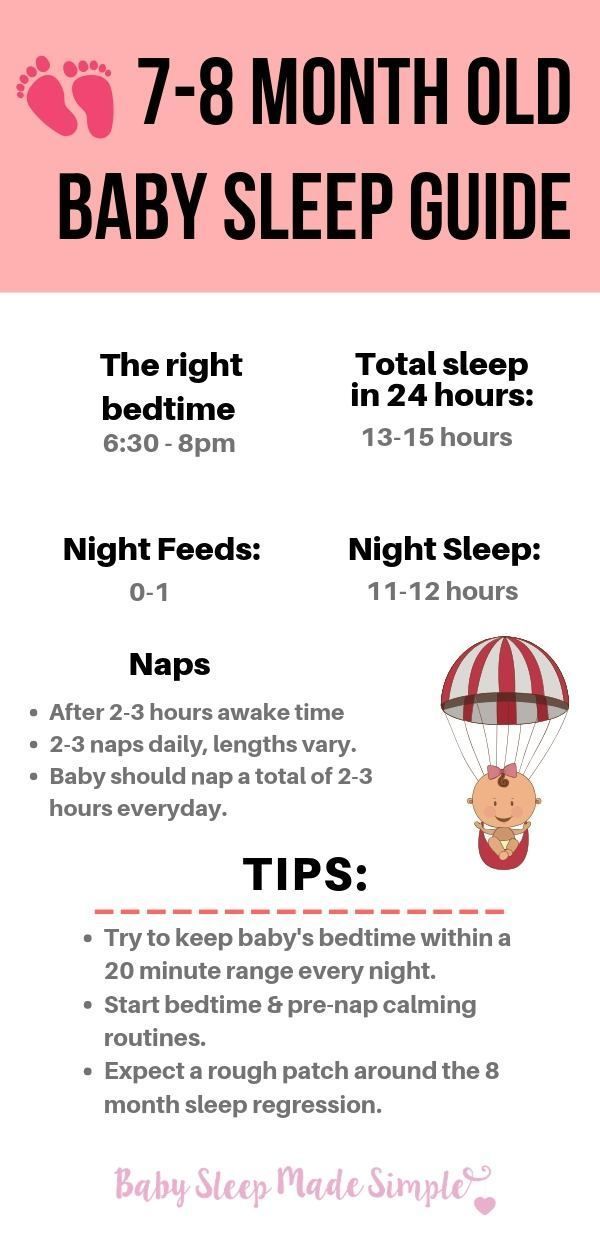
Learn to breastfeed lying down as soon as you can. It can literally be a game-changer for your night feedings!
It may be difficult to learn in the early weeks, but once you and your baby get the hang of nursing upright, it’s time to try it out.
Start by practicing during the day, when it’s easier to see your baby. Don’t be surprised if your baby protests at first. Be patient and your baby will soon get the hang of it.
Once you both get the hang of it, you won’t even need the light to see during night feedings!
How to have safer night feedings
Even if you choose not to co-sleep, you can still feed lying down at night. It is so much easier than trying to nurse upright with your head bobbing as you fight to stay awake!
Not only is it difficult to feed upright when you are sleepy, it’s not safe if you fall asleep in a chair!
Trust me… I had a very scary experience falling asleep in a chair with my first baby. That’s why I chose to only breastfeed lying down at night after that.
What started out as a negative experience, though, evolved into a very huge blessing.
You can read more about my bedsharing journey and how I slept through the night with my newborns.
If your bed is not big enough, consider getting a spare bed or even a blanket or pad on the floor.
There are two popular positions for nursing while lying down: Side-lying and Laid-Back positions. Here is how they both work:
Side-Lying Breastfeeding
Lie on your side, with a pillow or two to support your head. A pillow between your knees may help you feel comfortable too.
Position the baby, lying on her side facing you, so that her nose is level with your nipple. (If your breasts are on the smaller side, you may need a firm pillow under the baby to bring him up level with your nipple.)
With one hand, bring the baby in close to you so that his chin is touching your breast and his head is tipped back a bit. You can stroke his upper lip with your nipple if he doesn’t latch on right away.
To change sides, you can either hold the baby firmly against your chest, and roll over, or, depending on the size of your breasts, you can leave the baby where she is and re-position yourself so that you are rolled slightly towards the baby and she can now nurse on the “top” breast.
Laid-Back Breastfeeding
I love this position! There are so many great benefits of laid-back breastfeeding, night or day! It is also called the “biological nurturing position”.
When using the “laid-back” breastfeeding position, lay back in a semi-reclining position in your bed, supported by pillows, with the baby tummy-to-tummy against your chest and abdomen.
She’ll find the nipple and self-attach, or you can help her get latched on.
This position also works well in a reclining chair or laying back on the couch while watching TV during cluster-feedings!
7.
 Wear Front Opening Night Clothing
Wear Front Opening Night ClothingIn the middle of the night, you will be glad that your PJ’s or nightgown opens easily down the front to give your baby quick access, while still keeping you warm.
Get one that is soft, breathable cotton like this easy front-opening night shirt. I love how soft and pretty it is. It will make your postpartum body feel pretty, too! Pair it with leggings or sleep pants during cooler weather.
In fact, you can just live in it during your postpartum baby-moon! Why not?! 🙂
It’s best if you sleep without your nursing bra, since tight clothing may increase your risk for plugged ducts or mastitis.
If you are concerned about your breasts leaking during sleep, try using towels or cloth diapers to catch the leaks.
A good waterproof mattress protector is a necessity if you choose to breastfeed, too. Night time leaks are very common, especially during the early weeks postpartum.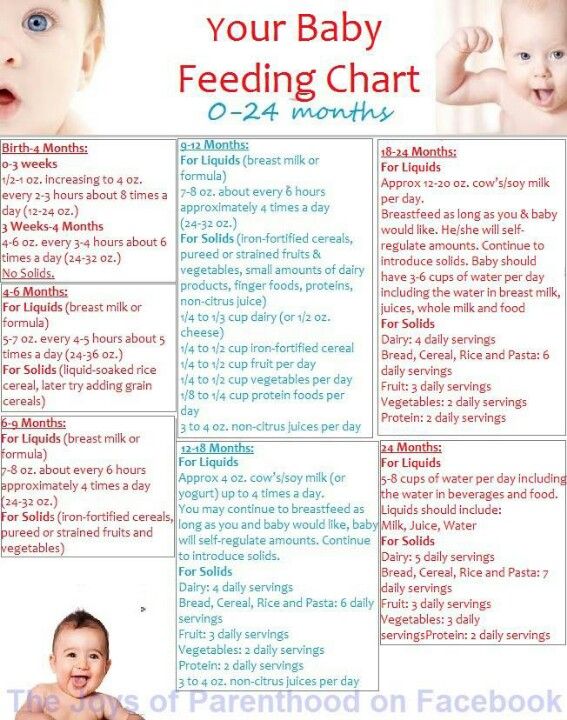
8. Feed Often During the Day & Prioritize Cluster-Feedings Before Bed
One of the biggest mistakes that new parents make is not feeding their babies enough during the day.
If you allow your baby to feed often during the day and evening, he will start to wake less at night.
You see, your baby needs a certain amount of calories in a 24-hour time period. If he doesn’t get those necessary calories during the day… you guessed it…. he will want to eat more at night!
You can remedy this by waking him every 2-3 hours to feed during the day and allowing him to cluster-feed during the evening hours.
If you do wake him to eat during the day, it’s okay if he wants to sleep again after eating, just make sure that he keeps eating often so he gets the daytime volumes that he needs.
Remember, it’s NOT necessary to keep your baby awake during the day so that he sleeps better at night. That is an old wives tale and usually backfires!
Instead of a baby that sleeps better at night, you end up with an over-stimulated, over-tired baby that WON’T sleep!
Related: When do babies sleep through the night? (and other newborn sleep myths)
Related: How to prioritize sleep during the 4th trimester: 14 sleep tips!
Related: 10 new parent baby sleep mistakes + 10 easy fixes!
9.
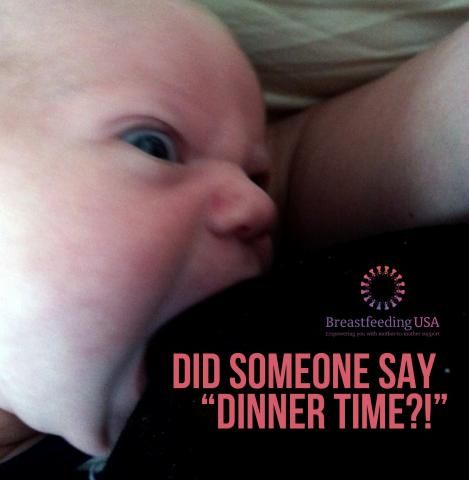 Ask For night feeding help!
Ask For night feeding help!If you find the night feedings unbearable, don’t be afraid to ask for help during the early weeks.
If your baby takes a bottle, perhaps your partner can take one of the night feedings, so that you can get a longer sleep stretch.
Some couples find taking shifts to be a great sanity saver! Learn more about this tip and other great sleep strategies for the 4th trimester.
Your partner can also bring the baby to you in bed and do the middle of the night diaper change to help as well!
If you don’t have a partner to help, consider asking a relative or friend for some daytime help so that you can nap during the day.
You might also be able to find a “night-owl” friend who is willing to take the midnight feeding so that you can go to bed early and get some sleep on the front end of the night.
10. Nap During the Day
You’ve probably already heard this a hundred times, but SLEEP WHEN THE BABY SLEEPS!
Everyone says it because it’s TRUE! Resist the urge to get things done when baby is asleep. Get as much rest as you can during the day.
Get as much rest as you can during the day.
This can be difficult if you have more than one child, but if you nap when the baby naps, it will make a huge difference!
See about getting daytime help so you can rest. Perhaps your partner can take the baby or older kiddos for a while on weekend mornings while you get a bit more sleep.
11. Understand and accept night feedings as necessary
Understand that nighttime feedings are very important. Not only does your newborn need the calories of night feedings, but your body produces more prolactin during the overnight hours.
Prolactin is the hormone that encourages milk production. Your body needs these feedings, especially during the early weeks when your milk supply is just getting established.
It is also believed that babies are hard-wired to wake between 3 and 4 am. This is the time when babies usually want to nurse because it is when mom’s breasts make the most milk! Your baby knows this. It is best for mom and baby.
Without night feedings, your milk supply may dwindle!
When moms understand the importance of night feedings, it really helps them to accept them and to adapt.
Instead of fighting the night feedings, figure out other ways to cope.
Remember, this newborn period only lasts a few short months. Hug your baby and keep telling yourself this truth!
12. Dream feed baby to reduce night feeding
While technically a PRE-night feeding tip, many parents swear by dream feeding to reduce newborn night waking.
I also recommend dream feeding your newborn during those early weeks of your postpartum recovery.
While there are definitely cons for dream feeding older babies, newborn dream feeding can be a real life-saver!
What exactly is a dream feed?
I have written two separate posts to help you better understand how to use dream feeds for your baby’s sleep.
Learn about the benefits of dream feeding and the pros and cons of dream feeding.
*Disclaimer – The information in the post is for educational purposes only.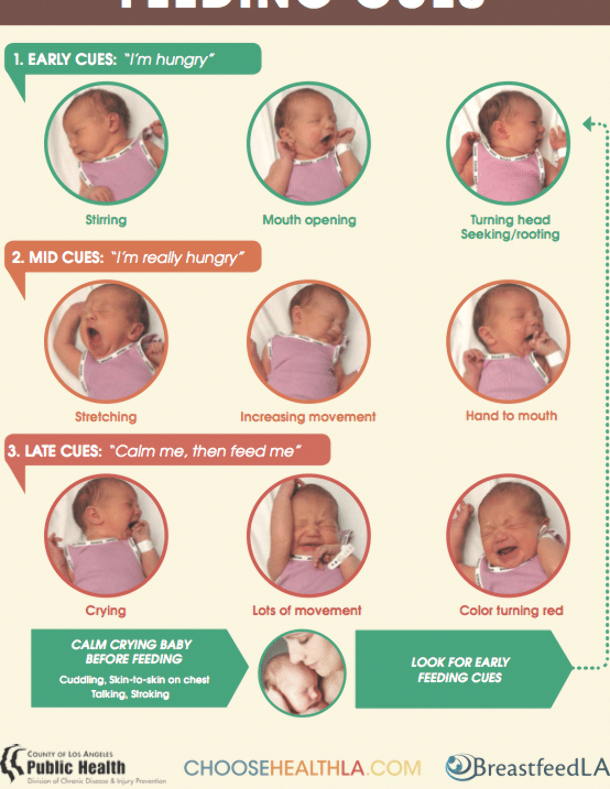 It is not intended to be medical advice. Please make sure that you do your own research and talk with your baby’s doctor about the care of your newborn.
It is not intended to be medical advice. Please make sure that you do your own research and talk with your baby’s doctor about the care of your newborn.
30 Easy Sleep Tips for New Parents!
Having a newborn is hard! The greatest challenge for most new parents is loss of sleep.
How can you get more sleep with your newborn? It is possible! My new eBook shows you how.
This is NOT your average book on baby sleep, but an easy step-by-step, hands-on survival guide for new parents!
I teach new parents how to maximize their sleep during the postpartum period.
I have compiled all my favorite doula tips into a very practical and useful book on sleep for new parents. It’s called 30 Sleep Hacks for New Parents: A Sleep Survival Guide for Parents of Newborns.
This quick read is a very affordable eBook that will be a game changer for your family!
Download your copy here.
What have been some of your sanity-saving tips for overnight feedings? Please share!
How to wean a child from night feeding, wean a child to eat at night
0-6 months
Article
5/5 2 reviews
A newborn baby eats at any time of the day, day or night. As the baby's digestive tract grows stronger, the interval between feedings gradually increases. Moms have a natural question: when and how should you stop night feedings so that the baby sleeps all night? nine0003
As the baby's digestive tract grows stronger, the interval between feedings gradually increases. Moms have a natural question: when and how should you stop night feedings so that the baby sleeps all night? nine0003
8 min. for reading Feb. 17, 2022
Contents
Should I feed my baby at night
How many nightly feeds does my baby need
- For breastfed babies, combination breastfeeders and babies with reflux
- Formula-fed babies
How to know if your child is ready to give up nighttime meals
How to wean a baby from night feedings: expert advice
FAQs
Resources
Is it necessary to feed a baby at night while taking care of the baby if you are chronically sleep deprived. But why can't a baby go without food at night?
In the first months, the baby does not have a clear regime, he still weakly distinguishes between day and night: during prenatal development, the baby is used to getting everything he needs from his mother at any time.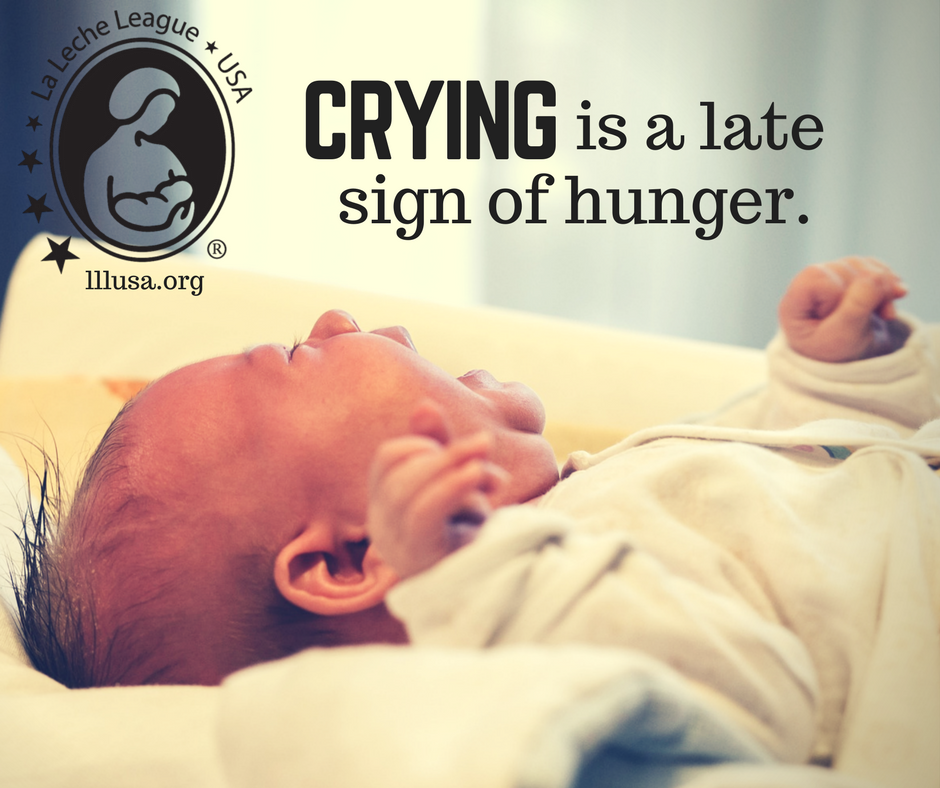 And most importantly - at the beginning of life, the child grows very quickly and requires a lot of nutrients, while having a small stomach and a still fragile digestive system. For these reasons, the baby cannot go without food for a long time and requires food approximately every 2-3 hours, and pediatricians, in turn, insist on the need for nightly breastfeeding of a newborn. nine0003
And most importantly - at the beginning of life, the child grows very quickly and requires a lot of nutrients, while having a small stomach and a still fragile digestive system. For these reasons, the baby cannot go without food for a long time and requires food approximately every 2-3 hours, and pediatricians, in turn, insist on the need for nightly breastfeeding of a newborn. nine0003
Important!
Sleep and nutrition patterns, as well as the need for them, are individual for each child. Therefore, if it seems to you that the baby eats little and rarely, or vice versa - too often, consult with the doctor you are seeing.
In addition, night feedings, although they interfere with sleep, are useful not only for the child, but also for the mother. They help to properly establish lactation, because it is at night that the hormone prolactin is produced, which is responsible for the amount of breast milk. nine0003
Advice
With proper organization of night feedings, the baby eats half asleep and quickly falls asleep further. To do this, start a night light in the room and be ready to feed as soon as the baby wakes up. Sleep in comfortable nursing clothing if you are breastfeeding.
To do this, start a night light in the room and be ready to feed as soon as the baby wakes up. Sleep in comfortable nursing clothing if you are breastfeeding.
How many night feeds does a baby need
The smaller the child, the more often he needs to be fed. But over time, the digestive tract gets stronger, and the baby can eat more and endure longer breaks between meals. Below is an approximate number of night feedings, depending on the age of the baby:
1. For breastfed, mixed breastfed and reflux babies:
| Age | Number of night feedings |
| 0-3 months | breastfeeding on demand approximately every 2-3 hours |
| 3-4 months | 2-3 times as required or every 3-6 hours |
| 5-6 months | 1-2 meals |
| 7-9 months | 1, possibly 2 times |
| 10-12 months | sometimes 1 feeding |
| 12+ months | usually without night feedings |
See also: Healthy food: how much should a child eat before a year?
Important!
During growth spurts, your baby should be fed as needed.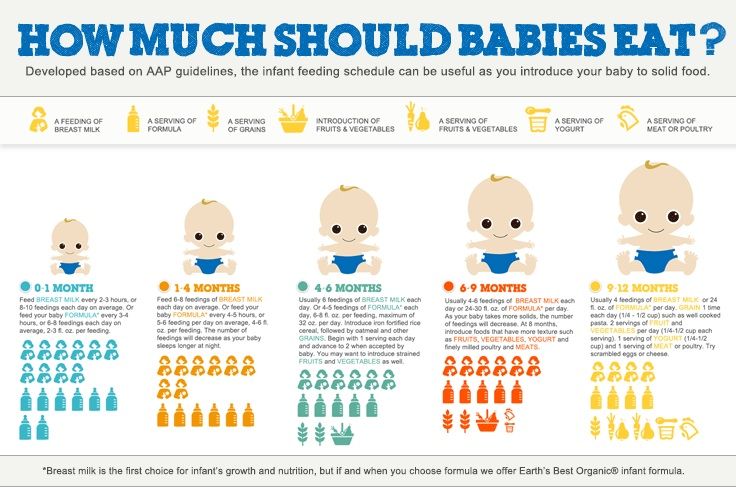 Such bursts occur approximately at 5, 8, 14, 19, 26, 37 and 46 weeks of life and last about 7 days.
Such bursts occur approximately at 5, 8, 14, 19, 26, 37 and 46 weeks of life and last about 7 days.
How do you know if your baby is ready to give up nighttime meals? After this period, the need for nightly meals depends on the pace of development, individual needs and the health of the child. If the baby was born prematurely or is not gaining weight well, experts recommend waking him up 3.5-4 hours after the previous feeding and offering the breast. nine0003
Advice
If you're not sure if your baby is ready to stop feeding at night, talk to your doctor. The specialist will help you understand and make the right decision based on the physical indicators of your child.
If the baby is healthy and has a good weight, somewhere between 4 and 6 months old, he will begin to get enough calories during the day so that he does not need to feed at night. In breastfed children, this process may be a little slower - up to 6–10 months [2].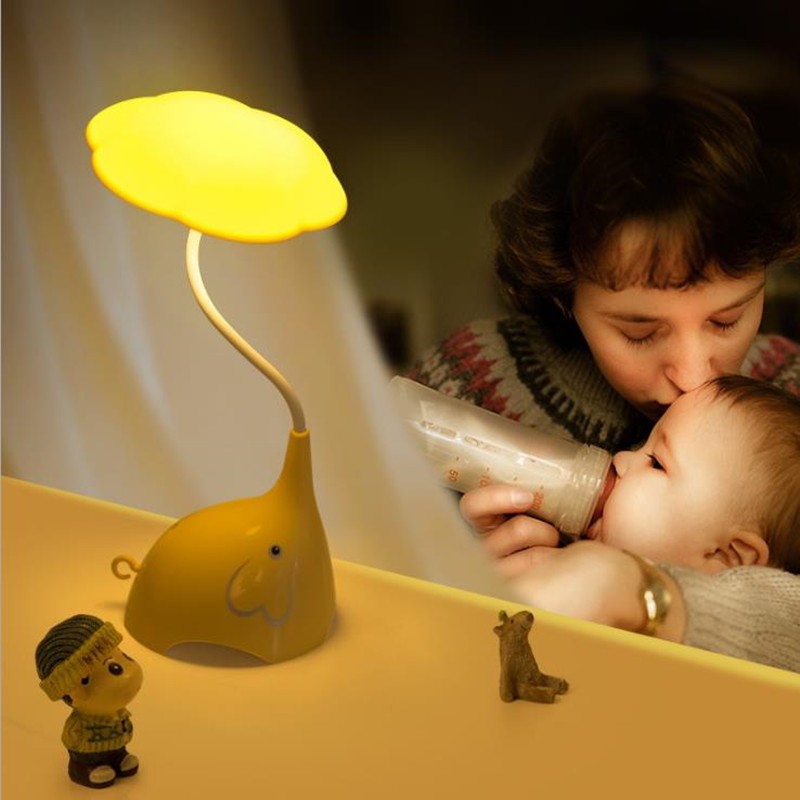 nine0003
nine0003
It is also important to take into account that the refusal of nighttime "snacking" occurs gradually: there are very few cases when a child stops eating at night and immediately starts sleeping 5-6 hours in a row. Usually, babies who are used to eating several times a night wake up out of habit, and it will take time to change this routine. First, the baby will ask for food half an hour later than usual, then an hour, a little later - two, and so on. Step by step, over several weeks, night sleep reaches 6-7 hours in a row. This joyful moment can come at 4 months or closer to 12 months: all babies are unique, and it's not scary or unusual for an infant to sleep much longer without food, while an older child keeps waking up to eat. nine0003
Advice
Dentists recommend abolishing nighttime feedings for children older than one year, as food leftovers in the mouth can damage milk teeth. This risk is minimal when breastfeeding.
Also, remember that your child has many other important needs. Perhaps he wakes up and calls you, not so much for food, but for comfort and closeness. What could be more reassuring and safer than the caring hands of parents who feed and cradle? feedings. nine0003
Perhaps he wakes up and calls you, not so much for food, but for comfort and closeness. What could be more reassuring and safer than the caring hands of parents who feed and cradle? feedings. nine0003
How to wean a child from night feeding: expert advice
Many parents are interested in how to properly wean a baby from eating at night so that it does not become a lot of stress for him. Especially if the baby stubbornly refuses to give up night feeding.
- Start the weaning process slowly and gradually. Slowly reduce your nightly breastfeeding time or give your baby less milk (mixture if formula-fed) from a sippy cup. Try to extend the intervals between
Important!
Under no circumstances should the issue of night feedings be turned into a battlefield. The “cry - stop - wean” method loosens the baby’s nervous system and can provoke severe stress.
- Make sure your child eats well during the day.
 Babies become more active as they get older, and if they get carried away playing or walking, they may skip meals or not eat enough and then try to make up for it at night. Therefore, take scheduled breaks during the day for "silent feeding" in a place where nothing will distract the crumbs from eating. nine0020
Babies become more active as they get older, and if they get carried away playing or walking, they may skip meals or not eat enough and then try to make up for it at night. Therefore, take scheduled breaks during the day for "silent feeding" in a place where nothing will distract the crumbs from eating. nine0020
Advice
If you're not sure if your child is eating enough, check their height by weighing them at the doctor's office.
- Try feeding your baby before bed. If a child goes to bed with a full tummy, they are less likely to wake up hungry in the middle of the night.
- Ask dad to get up at night with the baby. If an awakened baby hears your smell or the aroma of breast milk, this can provoke his appetite, even if the baby did not wake up because of hunger. If you sleep in the same room, it's best to move the crib to dad's side. nine0020
- Phase out feedings one at a time. When the baby wakes up to eat at night, go to him and reassure him, gently but firmly explain that now is the time to sleep, not eat.
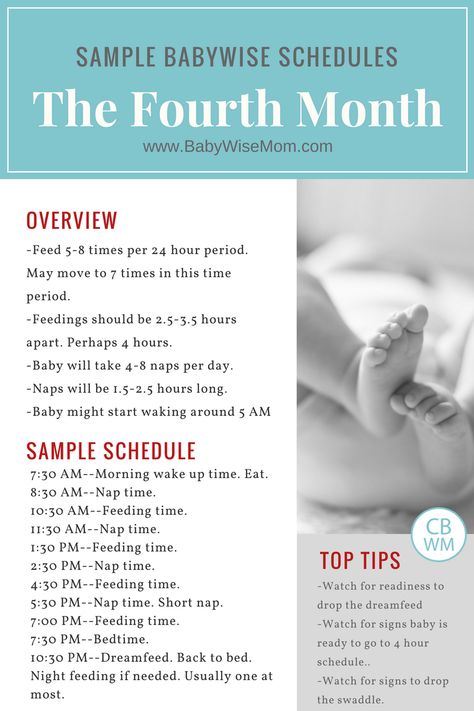 At the same time, pat and stroke the child on the back or tummy, but do not pick him up. Even if the baby does not yet understand your words, he gradually catches the meaning, and your presence and attention will be soothing to him.
At the same time, pat and stroke the child on the back or tummy, but do not pick him up. Even if the baby does not yet understand your words, he gradually catches the meaning, and your presence and attention will be soothing to him. - Try giving your baby water to drink. Babies may wake up at night not from hunger, but from thirst, especially in hot weather or in a room with dry air. If after half an hour the baby wakes up again, feed him, and if not, then he is full and satisfied. nine0020
- If the baby has been crying inconsolably when stopping night feeds for several days in a row, stop the attempt and return to your normal routine for a while. Let the baby calm down and start weaning him again in a week or two.
- Do not stop night feedings during the transition period. For example, when you are going to return to work or go on vacation without a baby. If your baby sees less of you during the day, try to hug and interact with him more in your free time. It is necessary that he clearly feels your connection and care, then the baby is less likely to seek solace in the middle of the night.
 nine0020
nine0020 - If the baby continues to require nighttime feeding, try to create conditions in which he does not want to eat. An excellent opportunity appears at 8-9 months, when the baby is already confidently eating complementary foods. To do this, move the usual bowl of porridge to the evening: this way the child stays full longer and may not ask for an extra portion of food at night.
See also: Introduction of complementary foods to an infant
Advice nine0039
Do not give your baby new foods at night, introduce them only in the morning. Otherwise, you run the risk of observing the reaction to unfamiliar complementary foods instead of sleep. Also, do not give your child meat at night, it is hard to digest, can cause discomfort in the stomach and restless sleep.
Also keep in mind that the decision to not feed at night depends in part on how it affects you. If you enjoy breastfeeding or drinking from a cup at night, there is no reason to stop: at a certain point, the baby will stop asking for food on its own.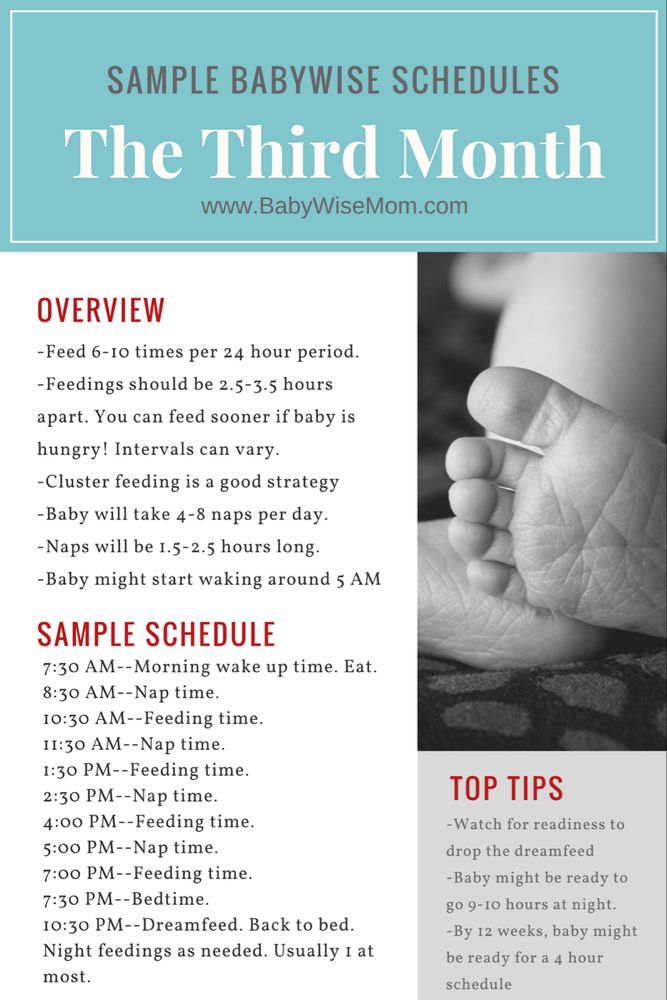 But if you feel that lack of sleep prevents you from living and enjoying motherhood, and the baby is already physically ready for change, it's time to try switching to a daily routine. In any case, you should do what is best for you and your family. nine0003
But if you feel that lack of sleep prevents you from living and enjoying motherhood, and the baby is already physically ready for change, it's time to try switching to a daily routine. In any case, you should do what is best for you and your family. nine0003
FAQ
1. How often should a newborn be fed?
A newborn needs to be fed every 2-3 hours, i.e. 10-12 times a day. Further, the intervals between feedings gradually increase to 3-6 hours, and the child gets the opportunity to sleep all night.
2. How much should a child eat per day?
The daily "portion" of food for the baby depends on his age and weight. From 10 days to 1.5 months, the baby needs such an amount of food, the weight of which is approximately 1/5 of the child's body weight. From 1.5 to 4 months - 1/6 of the baby's weight, from 4 to 6 months - 1/7, from 6 to 8 months - 1/8, from 8 to 12 months - 1/9.
3. What happens if you don't stop night feedings?
Most likely, the child will eventually refuse them himself. But some pediatricians, notably Richard Ferber [1], warn that unnecessary nighttime feedings can cause sleep problems. Also, food leftovers after late “snacks” can provoke the development of caries in milk teeth.
But some pediatricians, notably Richard Ferber [1], warn that unnecessary nighttime feedings can cause sleep problems. Also, food leftovers after late “snacks” can provoke the development of caries in milk teeth.
Sources
-
- Baby sleep training: Night weaning. By Darienne Hosley Stewart | Medically reviewed by Lisa Dana, M.D. nine0020
-
- Night Feedings by Age – When Do You Try Night Weaning? By Nicole Johnson, Founder and Lead Sleep Consultant in Sleep Training.
Related Articles
Child Development by Month
Latest Reviews
Average Customer Rating
2 customer ratings
Snapshot of community ratings
- five 2 nine0020
- 4 0
- 3 0
- 2 0
- one 0
Recommended Articles
0-6 months
Article
Hair loss during breastfeeding (HB): what to do?
0 reviews
The problem of hair loss during lactation is quite common. This process is associated with a number of factors and is generally considered natural. Why does hair fall out after childbirth and how can I get rid of this problem? More on this later in the article.
This process is associated with a number of factors and is generally considered natural. Why does hair fall out after childbirth and how can I get rid of this problem? More on this later in the article.
0-6 months
Article
What fruits can a nursing mother: nutrition while breastfeeding
Fruit is one of the most important sources of vitamins for humans. Both mother and child need them. What fruits with HB can a nursing mother? And is it true that strawberries and citrus fruits should be excluded from the daily diet? We will try to answer these in our article. nine0003
Pregnancy
Article
breast milk oligosaccharides
Human milk oligosaccharides are one of the most enigmatic components whose functions scientists have recently discovered. Find out what oligosaccharides are and what benefits they bring to your baby.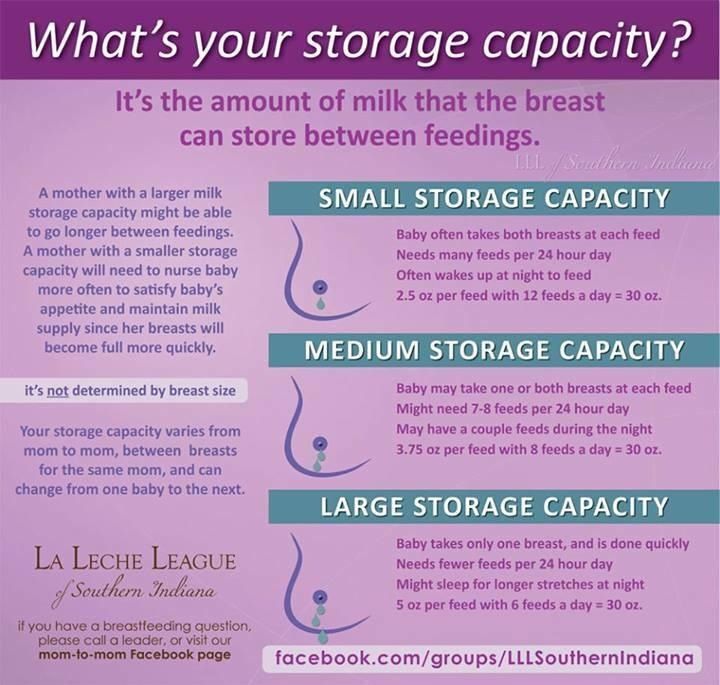
0-6 months
Article
The correct start of breastfeeding is the key to a long and trouble-free lactation nine0039
Breastfeeding is a skill that absolutely every woman possesses at the level of reflexes. The problems faced by modern young mothers are much more often social and informational in nature, rather than physiological. Even a minimum of truthful information and self-confidence will help you start breastfeeding correctly and continue it for as long as your baby needs.
0-6 months
Article nine0003
Constipation after childbirth: what to do?
Intestinal dysfunction after childbirth is a problem that all new mothers face. This is not a pathology, but a completely normal, understandable and temporary state of the female body. Why there is constipation after childbirth, when bowel function is restored and what to do to eliminate discomfort - more on this later in the article.
0-6 months
Article
Breastfeeding Pregnancy (HB): First Signs
0 reviews
Is it possible to get pregnant during lactation? There is an opinion that this is impossible. However, in practice, such cases are not uncommon. How to recognize the first signs of pregnancy while breastfeeding and what are the risks? More on this later in the article.
0-6 months
Article nine0003
Artificial feeding of newborns: some tips
0 reviews
Mother's milk is the main source from which the tiny body receives nutrients and builds the foundation of immunity. Therefore, breastfeeding is recommended by all pediatricians and neonatologists.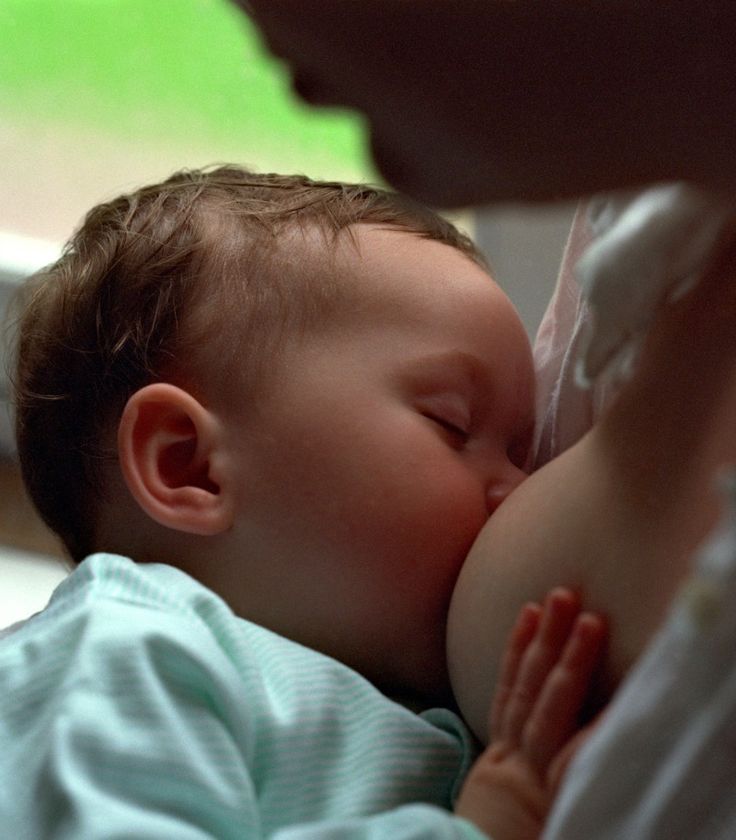 This strengthens the bond with the mother and the immune system of the baby. However, it often happens that a young mother refuses breastfeeding. The reason for this may be a shortage or lack of milk or a doctor's recommendation. nine0003
This strengthens the bond with the mother and the immune system of the baby. However, it often happens that a young mother refuses breastfeeding. The reason for this may be a shortage or lack of milk or a doctor's recommendation. nine0003
0-6 months
Article
When can you have sex after giving birth?
0 reviews
The resumption of intimate relationships after childbirth is an ambiguous question. On the one hand, after such a long abstinence, you want to have sex as soon as possible, on the other hand, there are a number of nuances that prevent this. When you can have sex after childbirth and what precautions you should take - read further in the article. nine0003
0-6 months
Article
What Vegetables Can I Eat While Breastfeeding?
0 reviews
To be or not to be cucumbers and potatoes in the menu of a nursing mother? What vegetables can be eaten while breastfeeding, and which ones should be limited?
0-6 months
Article nine0003
How can I help my baby latch onto the nipple?
The key to a successful start to breastfeeding is the correct latch on of the nipple.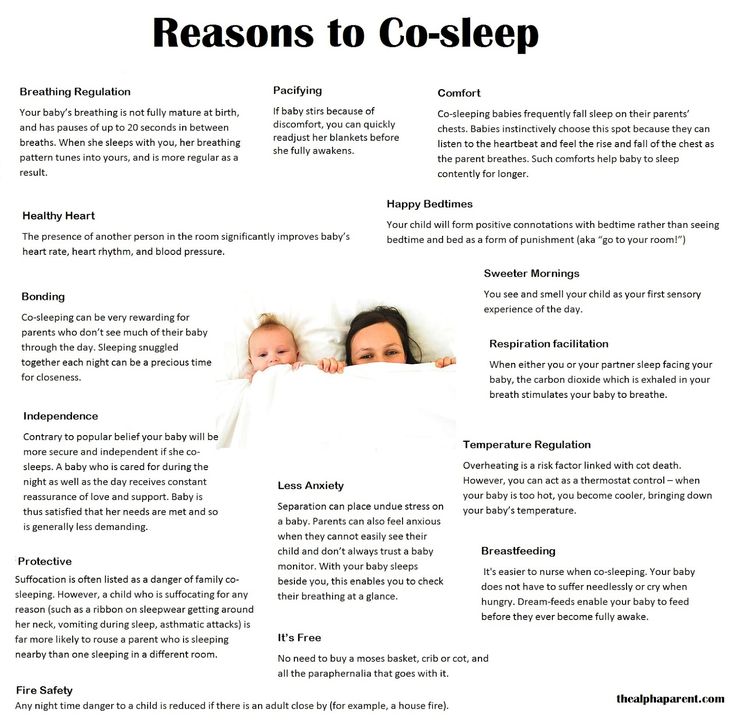 Follow tips to help your baby latch onto the nipple and floor properly
Follow tips to help your baby latch onto the nipple and floor properly
0-6 months
Article
Contraception during breastfeeding (HB): TOP-7 methods
0 reviews nine0003
The minimum interval between births, according to doctors, is 3 years. Carrying and giving birth to a child, breastfeeding - all this is a burden on the female body. Let him fully recover and consider contraception for breastfeeding. Here are a few methods that might come in handy.
0-6 months
Article
Storing breast milk: TOP 5 tips on how to store it
0 reviews nine0003
If breastfeeding is not possible, express with a breast pump or by hand. And we will tell you what and how to store breast milk.
0-6 months
Article
Constipation in a newborn: what to do?
0 reviews
The appearance of a baby in the house is accompanied by both joy and feelings of young parents . Every change in behavior and state baby alarms mom, especially if it causes discomfort and tears in the baby. One such phenomenon is constipation in a newborn .
0-6 months
Article
Breastfeeding: the first steps after childbirth
Mothers usually start breastfeeding their newborn while still in the hospital. The physiology of the infant is well adapted to this. During the first feeding, the baby receives colostrum, which contains antibodies that fight infections. nine0003
0-6 months
Article
Smoking while breastfeeding (HB): the effect on the baby
0 reviews
Tips and position on smoking while breastfeeding / smoking while breastfeeding from well-known international and Ukrainian pediatricians, WHO and La Leche League - a public organization to support breastfeeding women.
0-6 months
Article
Expressing Breast Milk: Top 5 Tips
0 reviews
The most natural and healthy food for a baby is and has always been breast milk. Its composition and properties are ideal for a small organism and not a single, even the most perfect artificial infant formula can replace this diet.
0-6 months
nine0002 ArticleHow to increase the amount of breast milk?
0 reviews
The birth of a child is the most memorable and long-awaited event in life. When carrying it, the mother faces many difficulties, which, with the advent of the baby, it would seem, should decrease. However, it is not. After giving birth, a baby requires a lot of time and attention, as well as round-the-clock care.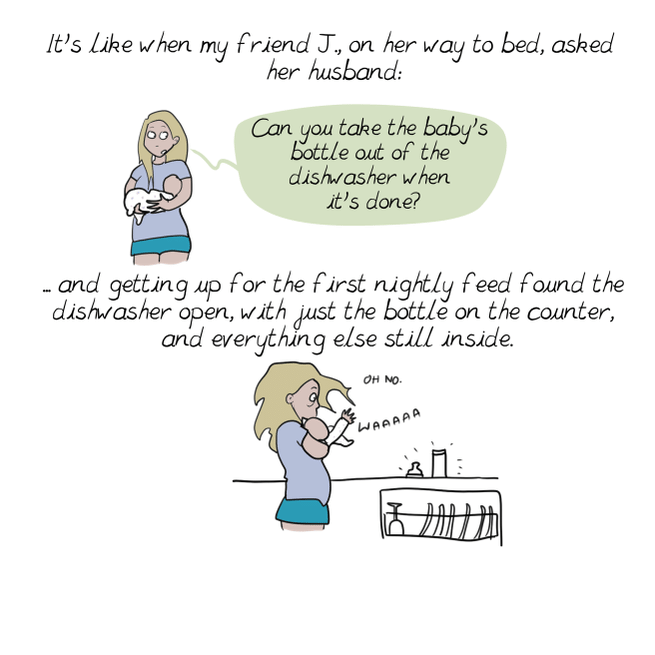 During this period, its proper nutrition is especially important, on which the growth and further development of the little man depends. The best thing for him is his mother's milk. nine0003
During this period, its proper nutrition is especially important, on which the growth and further development of the little man depends. The best thing for him is his mother's milk. nine0003
0-6 months
Article
How to measure the temperature of a newborn: 3 ways
0 reviews
A newly born little man is still in the process of thermoregulation. Therefore, the temperature norms for such a baby will differ not only from the norms of an adult, but even from those of a one-year-old child. During this period, a small "lump" causes a lot of worries and worries in the mother. Any change can cause anxiety, and therefore mothers should know how to measure the temperature of a newborn. nine0003
0-6 months
Article
Mastitis (breast inflammation): treatment, causes and symptoms
0 reviews
Breastfeeding is not always easy and women often face the problem of breast inflammation.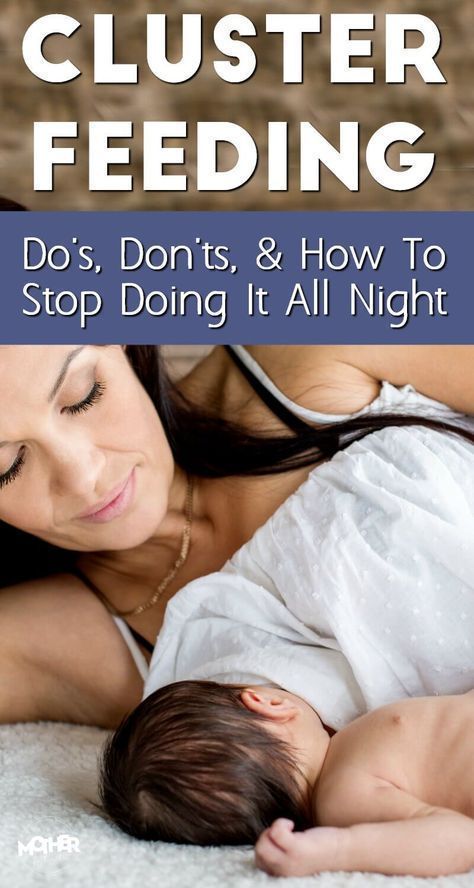 Why does mastitis develop and how to recognize the first symptoms? And also let's figure out what can be done to prevent the disease. nine0003
Why does mastitis develop and how to recognize the first symptoms? And also let's figure out what can be done to prevent the disease. nine0003
Join the Club
We know that being a mother is not only unlimited happiness, but also a great responsibility. We will help you!
Register
Still haven't found what you need?
Try our new search.
Search
Up to what age to feed a child at night and how to replace formula
Infant formula is only a forced replacement for mother's milk in the absence of sufficient lactation or underweight in the infant. In all other respects, the infant formula feeding algorithm remains the same as with breastfeeding. The baby also needs nightly feedings about every 3-4 hours. This is due to scientifically proven facts. Babies up to a year old have an accelerated metabolism, food is digested faster, and naturally, they experience hunger at night.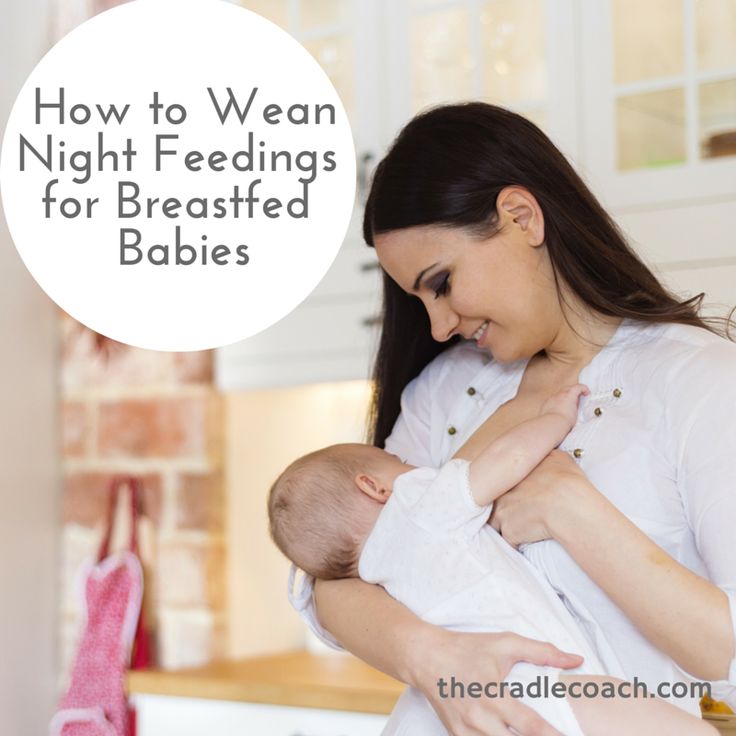 Also, any anxiety of the baby at night forces him to demand his mother's participation, and of course - food as a sedative. There is even a theory that children are genetically woken up to eat to avoid "Sudden Infant Death Syndrome" in their sleep. nine0003
Also, any anxiety of the baby at night forces him to demand his mother's participation, and of course - food as a sedative. There is even a theory that children are genetically woken up to eat to avoid "Sudden Infant Death Syndrome" in their sleep. nine0003
But also can't it continue indefinitely? The child grows, develops actively, from the age of 6 months receives a variety of complementary foods, and over time should form a normal daily routine. And for this you need to figure out: how to wean a child at night to eat the mixture in the most gentle ways.
Up to what age to give the mixture at night
Experts differ on this issue, but the average age when you can do without night feedings is nevertheless deduced. Infants with normal development can sleep peacefully at night without formula 10-12 hours from 9-12 months. Of course, if parents do not consider it necessary to restrict their child in nutrition, they can safely continue to feed their child at night and beyond. But they must be aware that, firstly, over time, these periods of eating become just a habit for the baby. And secondly, mothers should also think about their own well-being after sleepless nights. So, the approximate age of weaning a child from night feedings has been determined, it remains to find out how to replace the mixture for the night after a year for the first time of the transition to a new regimen. nine0003
But they must be aware that, firstly, over time, these periods of eating become just a habit for the baby. And secondly, mothers should also think about their own well-being after sleepless nights. So, the approximate age of weaning a child from night feedings has been determined, it remains to find out how to replace the mixture for the night after a year for the first time of the transition to a new regimen. nine0003
Night formula alternative
Formula feeding formula is extremely nutritious and tasty food for your baby. Therefore, the nightly replacement should be unequal, so that the baby subsequently feels that he does not need to wake up for such food. For these reasons, many mothers, thinking about how to replace the mixture for the night, use not the best products. It is strongly not recommended to use compotes or juices, because the ultimate goal is a complete and painless rejection of night food. In addition, fruit drinking can cause flatulence and abdominal pain - not the most favorable factors for restful sleep.

